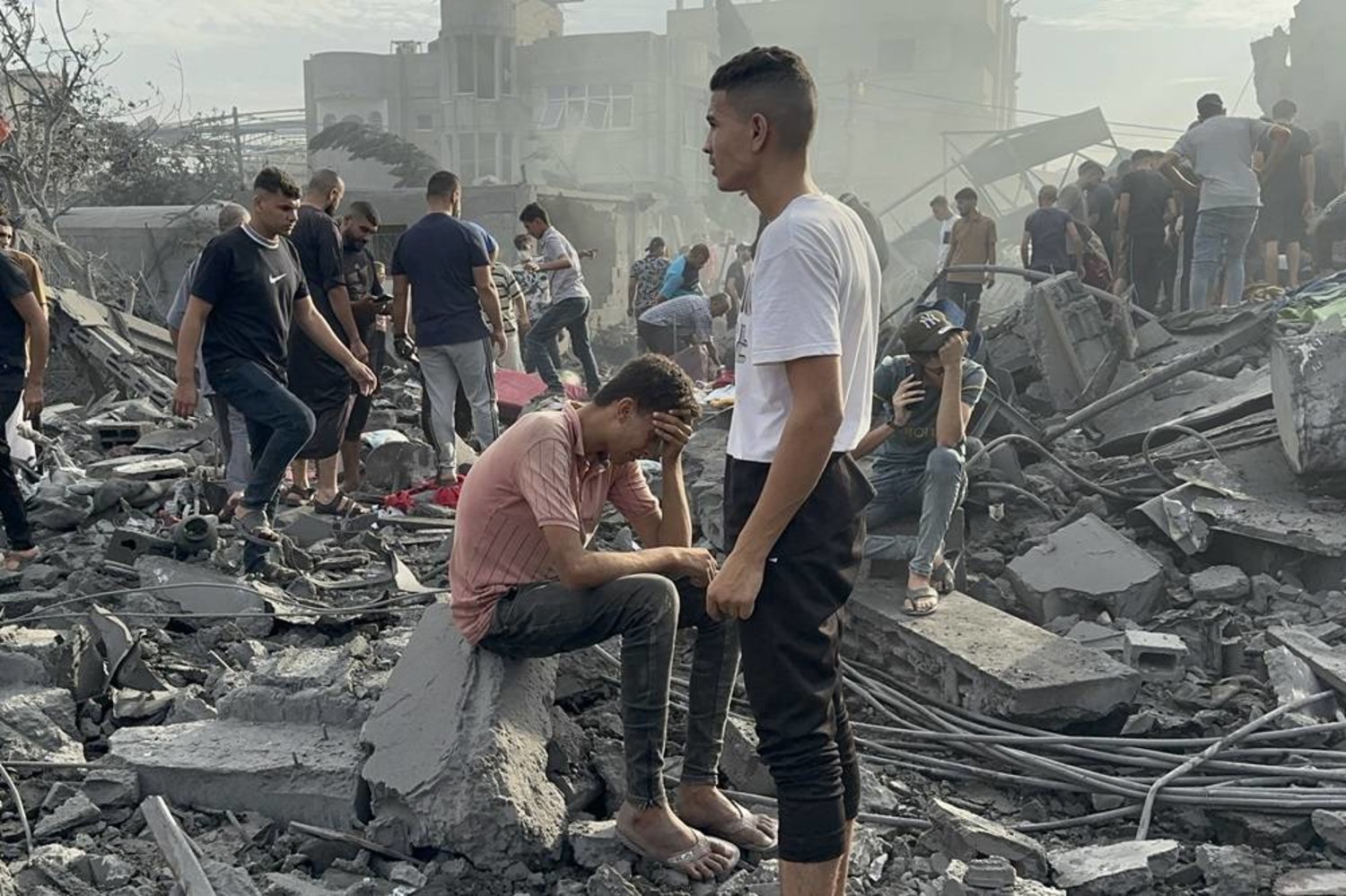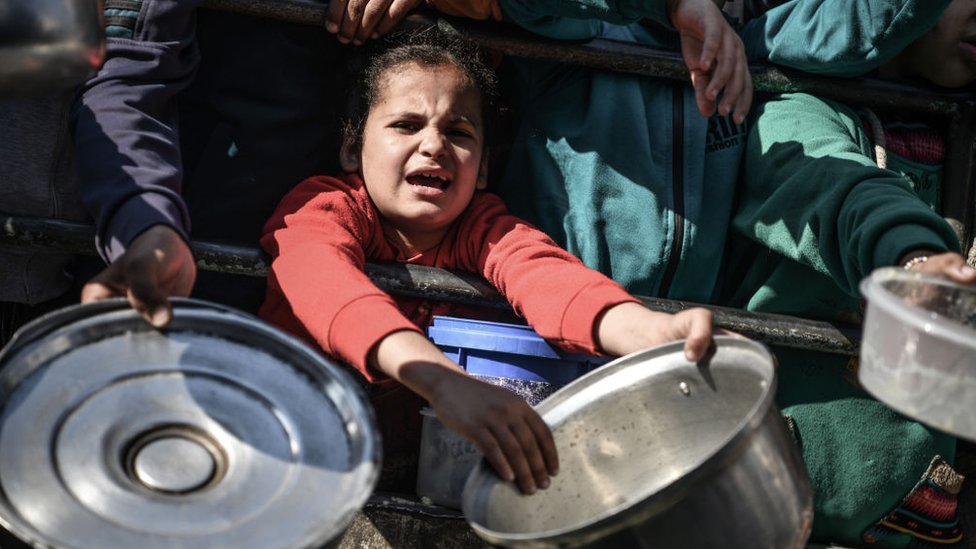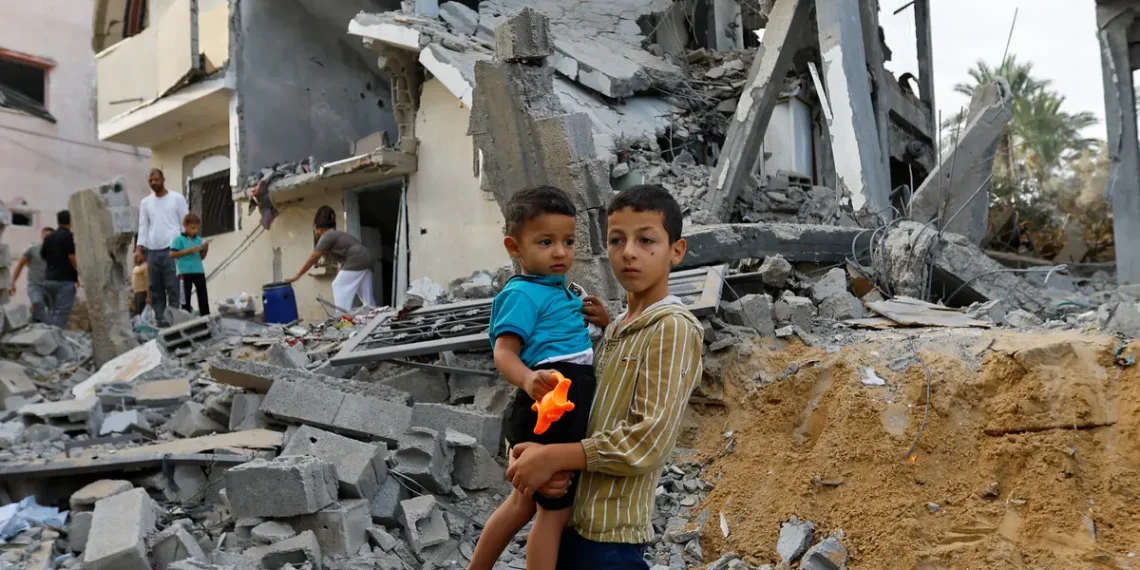The Gaza Strip is in the throes of a humanitarian crisis, with food shortages reaching famine levels, according to the Integrated Food-Security Phase Classification (IPC). In northern Gaza, 70% of residents face severe food scarcity, surpassing the threshold for famine by a significant margin.
Although precise mortality data is lacking, the situation suggests an imminent catastrophe, with starvation and malnutrition threatening lives.
Gaza’s health ministry has confirmed the tragic deaths of 27 children and three adults due to malnutrition, underscoring the urgency of the situation.

The severity of the crisis has prompted calls for immediate action, including a ceasefire and a substantial influx of food aid to the affected areas.
The dire circumstances in Gaza have drawn condemnation from international bodies and leaders. European Union foreign policy chief Josep Borrell characterized the situation as a state of famine, attributing it to the use of starvation as a weapon of war.
Israeli Foreign Minister Israel Katz defended Israel’s actions, stating that humanitarian aid had been permitted into Gaza, but was disrupted by Hamas militants.
Efforts to address the crisis are hampered by ongoing conflict. Israeli forces launched a major assault on Al Shifa Hospital, one of the few medical facilities still partially functional in northern Gaza.
The raid, based on intelligence suggesting Hamas’s presence, resulted in casualties among displaced people seeking refuge in the hospital.

Negotiations for a ceasefire continue, with both sides engaged in talks mediated by Qatar. However, progress remains elusive, prolonging the suffering of Gaza’s residents.
President Joe Biden has urged Israeli Prime Minister Benjamin Netanyahu to avoid further escalation, emphasizing the need for dialogue and humanitarian assistance.
The humanitarian crisis in Gaza underscores the urgent need for a cessation of hostilities and the provision of essential aid to alleviate suffering. The international community must prioritize diplomacy and cooperation to address the root causes of the conflict and prevent further loss of life.





